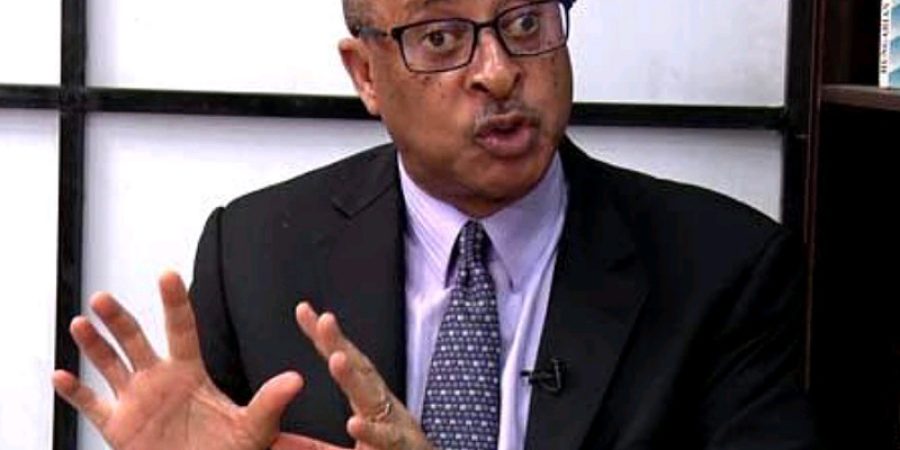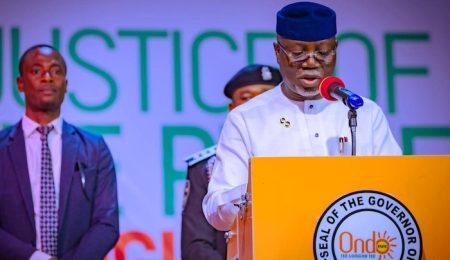Renowned Professor of Political Economy, Pat Utomi, has faulted the federal government’s economic priorities, saying that its “obsession” with revenue generation is damaging the economy.
Speaking during a television interview at the weekend, Utomi claimed that most of the country’s resources are being channelled to the political class rather than the productive sectors that can stimulate growth.
“Most non-productive sectors, the political class, for example, and we need to get the resources that are available to go directly into ramping up food first of all, and then the value chain from those factor endowments around agriculture,” he said.
Utomi said the government’s revenue drive is pricing traders and importers out of business.
“Ask any trader today how much they can bring through the ports. The desperation for rising revenue means that every container is being sold at about N18 million or some similar amount,” he said.
“Many pharmaceutical importers have very thin margins on their anti-malarials and related drugs.
“When they come through the ports in this desperation for revenue and get hit with a tax on each container, it means they can’t import a new set of containers of anti-malarial medications.”
The professor said such a system benefits only politicians while worsening the lives of ordinary Nigerians.
“It means that while government revenues are going up — and are being squandered by politicians — the Nigerian people have no possibility of a better life.
“This revenue issue needs to be put in context and properly understood. To use revenue as evidence of progress is not to understand economics,” Utomi said.
Utomi added that the slight stability in the naira and official claims of economic recovery mean little if inflation continues to erode people’s livelihoods.
“If you are from hell to purgatory, have you been saved from damnation?” he asked while dismissing suggestions that the economy is improving.
He said genuine progress can only be measured by job creation and the affordability of essential goods.
“Food is the ultimate. When people can’t eat, anything can happen,” he added.
Utomi asked for more investment in agriculture, education, and healthcare to secure the future of Nigerians.
On July 21, the National Bureau of Statistics (NBS) said Nigeria’s annual gross domestic product (GDP) rate was 3.13 per cent in the first quarter (Q1) of 2025, higher than the 2.27 per cent recorded in the first quarter of 2024.
Chuks Okocha
Follow us on:



